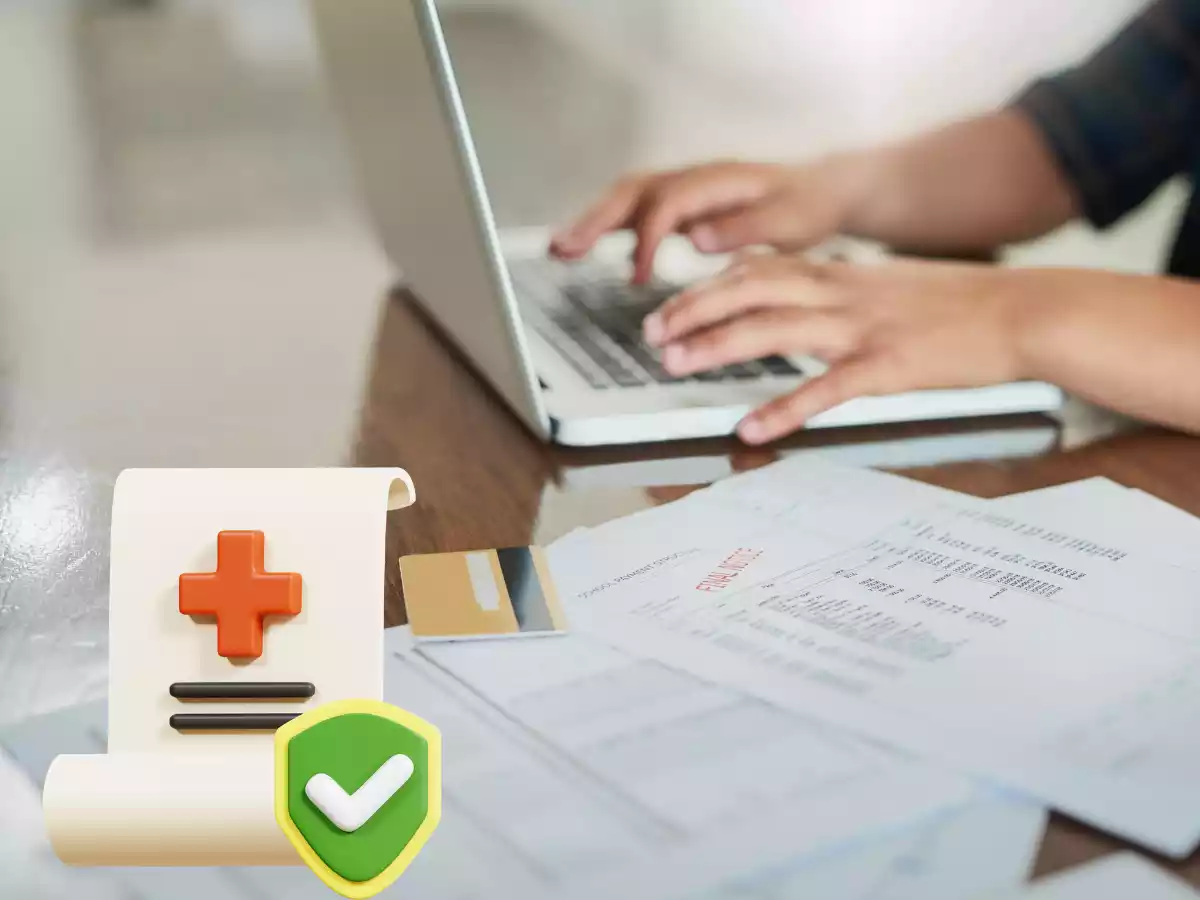Getting a traffic ticket can be an unpleasant experience, and receiving a “no insurance” ticket is no exception. When you’re caught driving without insurance or proof of financial responsibility, it can lead to various consequences. In this article, we’ll explore what happens if you don’t pay a no-insurance ticket and the potential repercussions.
Understanding No Insurance Tickets
What Is a No Insurance Ticket?
A “no insurance” ticket, also known as a ticket for driving without insurance, is issued when a driver is unable to provide valid proof of insurance coverage during a traffic stop. Having auto insurance is a legal requirement in most jurisdictions, making this a serious offense.
Penalties for No Insurance Tickets
The penalties for not paying a no-insurance ticket can vary depending on your location, but they often include:
- Fines: You may be required to pay a significant fine for driving without insurance. The amount can vary from one jurisdiction to another.
- License Suspension: Some jurisdictions may suspend your driver’s license if you don’t pay the ticket promptly or provide proof of insurance.
- Vehicle Impoundment: In certain cases, your vehicle may be impounded, and you’ll need to pay fees to retrieve it.
- SR-22 Requirement: After receiving a no-insurance ticket, you may be required to file an SR-22 form, which proves you have the necessary insurance coverage. This typically leads to higher insurance premiums.
Consequences of Not Paying a No Insurance Ticket
1. Increased Costs
One of the immediate consequences of not paying a no-insurance ticket is the accumulation of fines and fees. The longer you delay payment, the more expensive it can become, potentially putting a strain on your finances.
2. License Suspension
Failure to pay a no-insurance ticket can result in the suspension of your driver’s license. This can severely impact your ability to commute to work, run errands, or fulfill other daily responsibilities.
3. Vehicle Impoundment
In some cases, your vehicle may be impounded for driving without insurance. Retrieving your vehicle from impound can be a costly and time-consuming process.
4. SR-22 Requirement
If you don’t pay the ticket promptly, you may be required to file an SR-22 form, which can lead to higher insurance premiums. This added financial burden can persist for several years.
Options for Dealing with a No Insurance Ticket
If you’ve received a no-insurance ticket and are unsure how to proceed, consider the following options:
1. Pay the Ticket
The simplest way to address the issue is to pay the ticket promptly. This may prevent additional penalties and consequences.
2. Provide Proof of Insurance
If you had insurance coverage at the time of the traffic stop but failed to provide proof, you can often get the ticket dismissed by presenting valid insurance documentation.
3. Consult an Attorney
If you believe you were wrongly issued a no-insurance ticket or are facing severe penalties, consult with an attorney who specializes in traffic violations. They can help you navigate the legal process and build a strong defense.
4. Attend Traffic School
In some jurisdictions, attending a traffic school may be an option to reduce or dismiss a no-insurance ticket. Check with your local authorities for information on this possibility.
Conclusion
Receiving a no-insurance ticket is a serious matter, and not paying it can lead to a cascade of financial and legal consequences. To avoid increased costs, license suspension, vehicle impoundment, and an SR-22 requirement, it’s essential to address the ticket promptly. Consider paying the fine, providing proof of insurance, consulting an attorney, or exploring options like attending traffic school. Being proactive can help you mitigate the negative effects of a no-insurance ticket.
Frequently Asked Questions (FAQs)
1. Can I negotiate the fines associated with a no-insurance ticket?
Negotiating fines for a no-insurance ticket can be challenging, but it’s worth consulting with your local traffic court to explore any available options or payment plans.
2. How long does an SR-22 requirement typically last?
The duration of an SR-22 requirement varies by jurisdiction but is often required for three years. During this time, you must maintain continuous insurance coverage.
3. Will my insurance premiums increase if I file an SR-22?
Yes, filing an SR-22 form typically leads to higher insurance premiums because it designates you as a high-risk driver. It’s essential to shop around for insurance providers that offer competitive rates for SR-22 insurance.
4. Can I contest a no-insurance ticket if I genuinely had insurance coverage?
Yes, if you had insurance coverage at the time of the traffic stop but failed to provide proof, you can often get the ticket dismissed by presenting valid insurance documentation.
5. Can a no-insurance ticket affect my credit score?
A no-insurance ticket itself is unlikely to directly impact your credit score. However, if you fail to pay fines or fees associated with the ticket, resulting in collections or judgments could affect your credit.
Read more:https://wink24news.com/
More related
- does section 8 require renters insurance
- why do mortgage companies require homeowners insurance?
- when does the lender require you to purchase the homeowners insurance policy?
- apartment fire no renters insurance
- what happens if you have a mortgage and no homeowners insurance
- can i get a no insurance ticket dismissed
- what happens if you don’t pay a no insurance ticket
